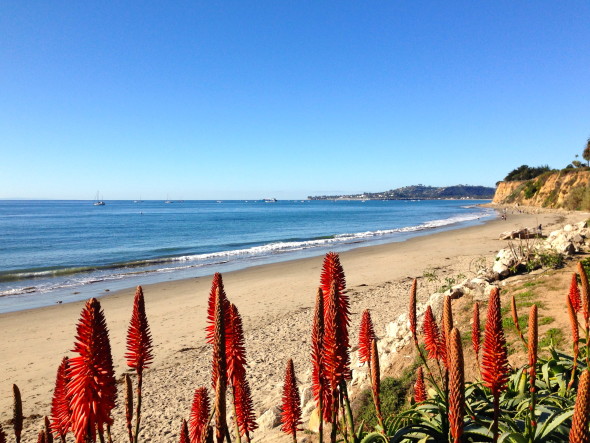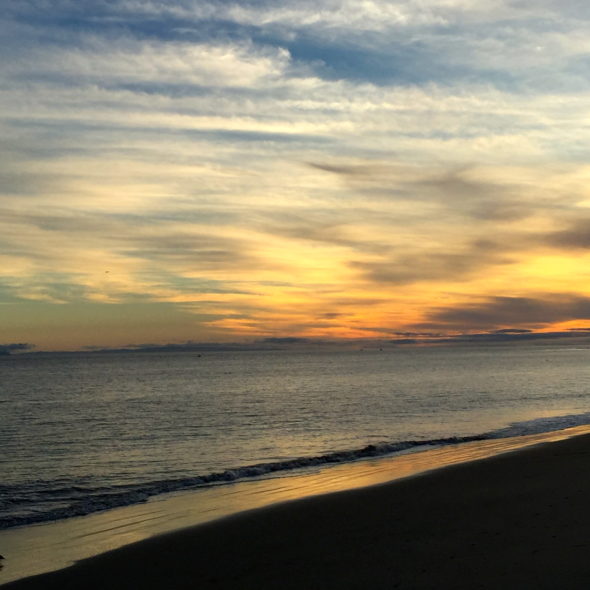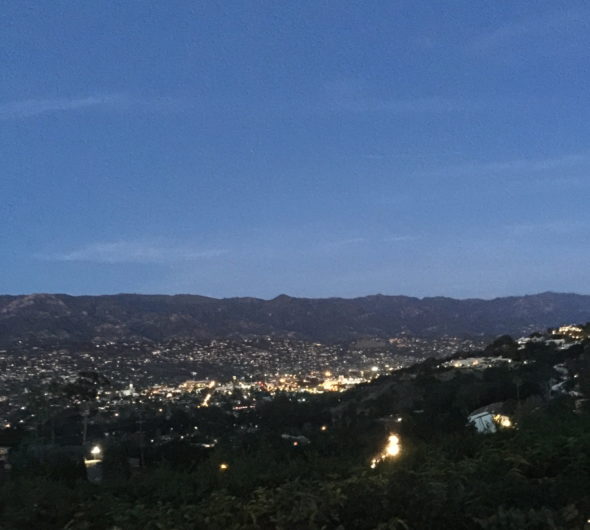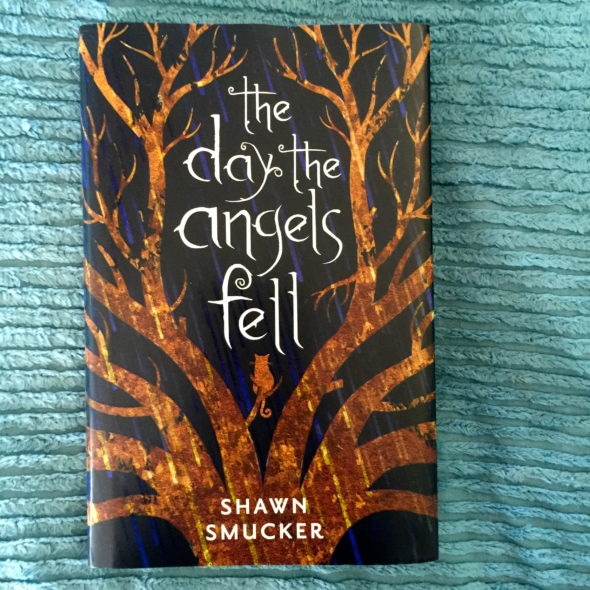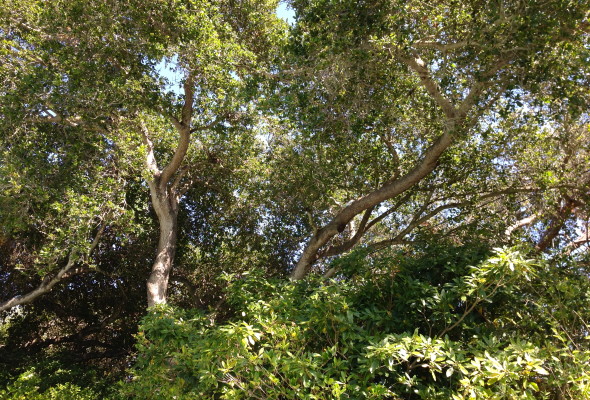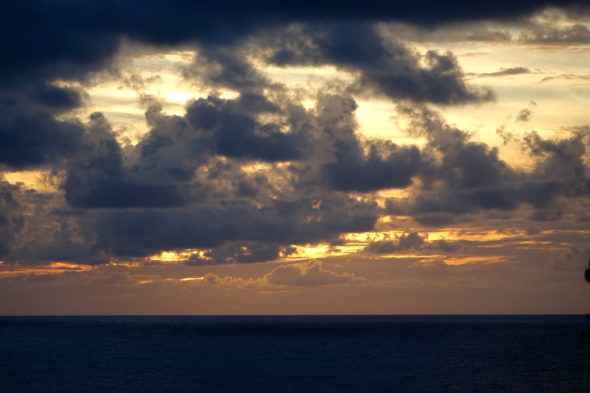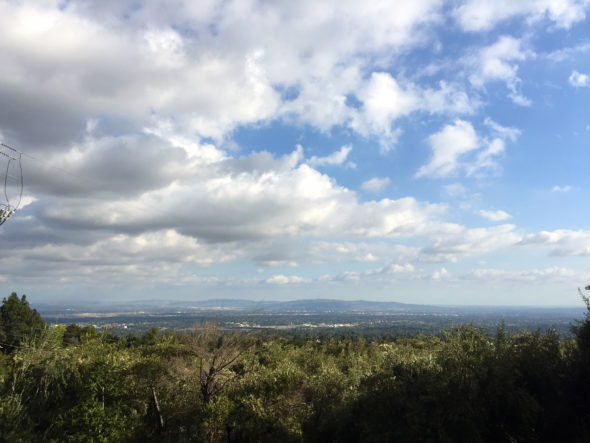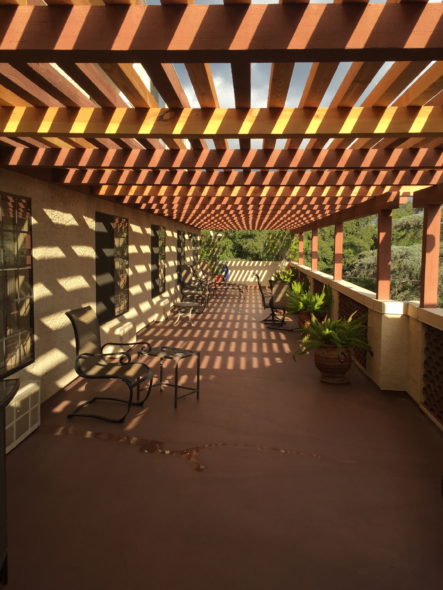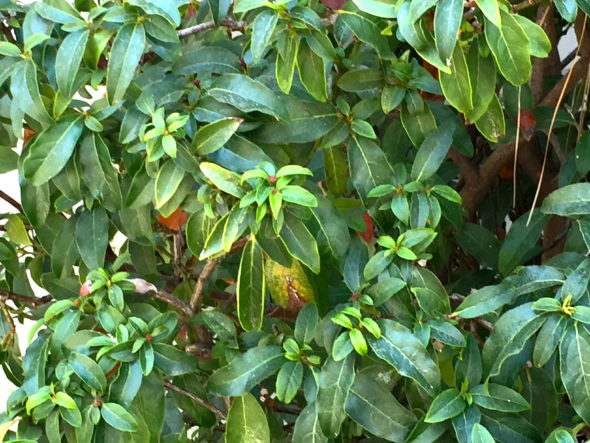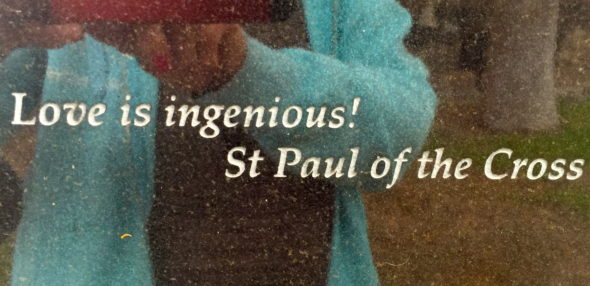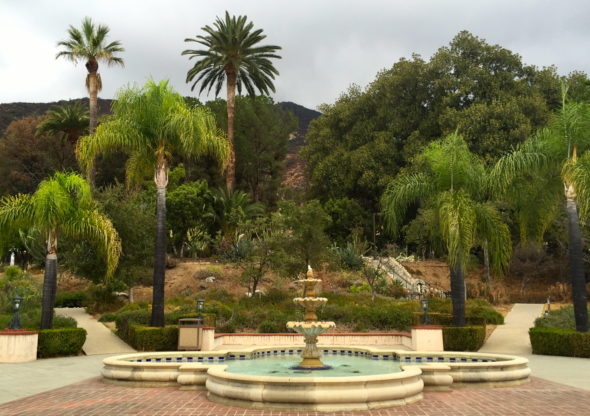Ephesians 2:1-10, The Message
It wasn’t so long ago that you were mired in that old stagnant life of sin. You let the world, which doesn’t know the first thing about living, tell you how to live. You filled your lungs with polluted unbelief, and then exhaled disobedience. We all did it, all of us doing what we felt like doing, when we felt like doing it, all of us in the same boat. It’s a wonder God didn’t lose his temper and do away with the whole lot of us. Instead, immense in mercy and with an incredible love, he embraced us. He took our sin-dead lives and made us alive in Christ. He did all this on his own, with no help from us! Then he picked us up and set us down in highest heaven in company with Jesus, our Messiah.
Now God has us where he wants us, with all the time in this world and the next to shower grace and kindness upon us in Christ Jesus. Saving is all his idea, and all his work. All we do is trust him enough to let him do it. It’s God’s gift from start to finish! We don’t play the major role. If we did, we’d probably go around bragging that we’d done the whole thing! No, we neither make nor save ourselves. God does both the making and saving. He creates each of us by Christ Jesus to join him in the work he does, the good work he has gotten ready for us to do, work we had better be doing.
Oh, how I love this!
We don’t do it,
we don’t have to do it,
even though we try hard to do it,
and mess it up thoroughly
when we do.
It’s not about us,
all on our own,
lonesome selves.
It’s about partnership,
it’s about grace,
it’s about living
in the middle of both
those truths.
WE
are
partners in grace.
Astounding!
Please consider subscribing to this series by subscribing to the blog — the box is in the right sidebar. That way, these daily devotionals will show up in your inbox each day of Lent, right up until Easter.
